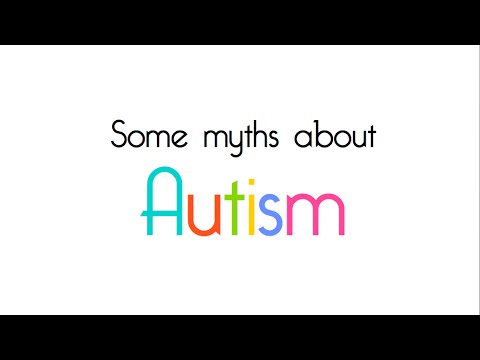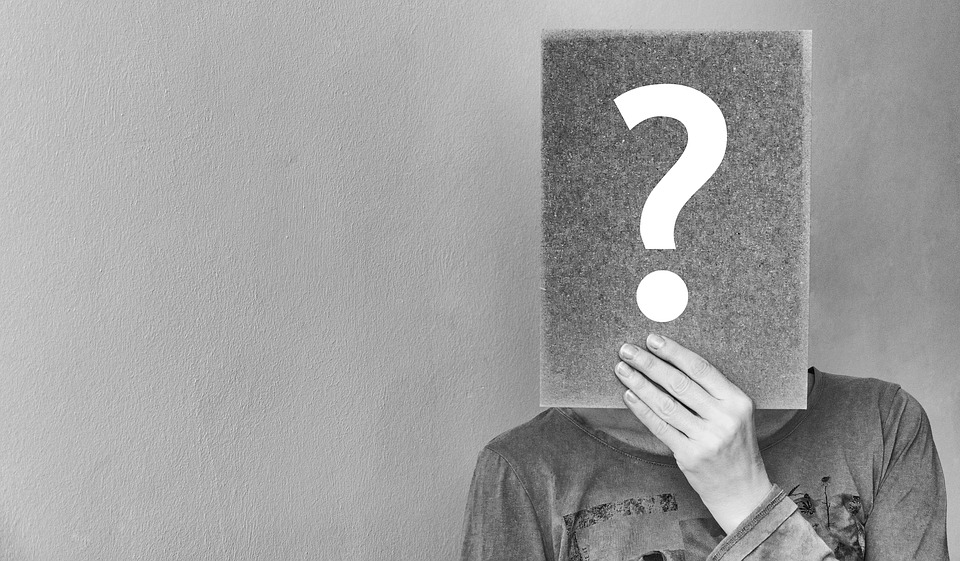A reliance on psychoanalysis sees autistic children going undiagnosed, being placed in psychiatric units and even being removed from their parents
Like thousands of French children whose parents believe they have autism, Rachel’s six-year-old son had been placed by the state in a psychiatric hospital day unit. The team there, of the school of post-Freudian psychoanalysis, did not give a clear-cut diagnosis.
Rachel, who lived in a small village outside the alpine city of Grenoble, said she would go elsewhere to assess all three of her children. But the hospital called social services, who threatened to take the children away from her.
A consultant psychiatrist said Rachel was fabricating her children’s symptoms for attention, that they were not autistic, and that she wanted them to have autism spectrum disorder in order to make herself look more interesting.
Rachel’s children were taken and placed in care homes.
The children were subsequently diagnosed with autism and other issues, proving Rachel right. But despite a high-profile court battle in which parents’ groups denounced the “prehistoric vision of autism in France”, Rachel, who herself has Asperger syndrome, has still not won back custody of her children two years later. They remain in care with limited visiting rights. Local authorities insist the decision was correct.
If I hadn’t have done this on my own, I think he would be in an adult psychiatric hospital, tied up, on medication
Catherine Chavy
“I’m condemned to stand by powerless at the loss of my family,” she wrote after their latest visit to her at Christmas, fearing her children had regressed in care. “I’m destroyed, my children are destroyed.”
The “Rachel affair”, entering another courtroom appeal battle this summer, has become a symbol of what parents’ groups call the “state scandal” of the treatment of autistic children in France. The crisis is so acute that the centrist French president Emmanuel Macron has deemed it an urgent “civilisational challenge”, promising a new autism action plan to be announced within weeks.
The United Nations stated in its most recent report that autistic children in France “continue to be subjected to widespread violations of their rights”. The French state has been forced to pay hundreds of thousands of euros in damages to families for inadequate care of autistic children in recent years.
Read the full article here.




